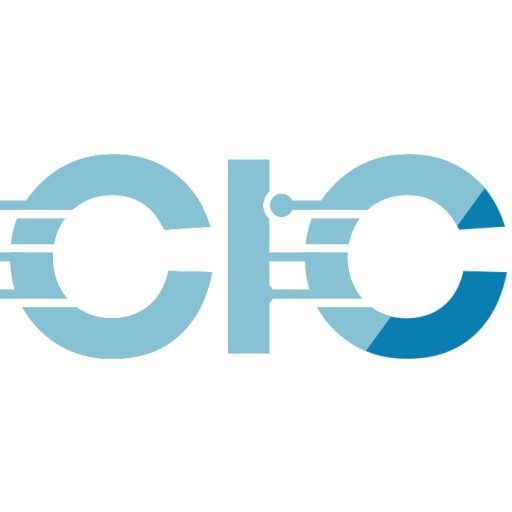Industrial battery solutions are transforming the landscape of manufacturing by facilitating greener, more efficient, and reliable production processes. As industries face increasing pressure to reduce their carbon footprint and improve operational efficiency, the adoption of advanced battery technologies plays a critical role.
The Rise of Industrial Battery Solutions
With the rise of renewable energy sources and the drive towards electrification, industrial battery solutions have emerged as a pivotal technology. Innovations in battery chemistry, such as lithium-ion, solid-state, and flow batteries, are enhancing energy density, longevity, and safety, making them indispensable in modern manufacturing.
Advantages of Industrial Batteries
- Energy Efficiency: Industrial batteries allow for energy storage during off-peak hours, reducing costs and improving efficiency.
- Reliability: Battery systems provide uninterrupted power, crucial for manufacturing operations that require continuous uptime.
- Reduced Emissions: Transitioning to battery-powered machinery can significantly lower greenhouse gas emissions.
- Scalability: Battery solutions can be tailored to the specific needs of a manufacturing facility, offering flexibility in power management.
Impact on Manufacturing Processes
Integrating industrial battery solutions directly influences various aspects of manufacturing processes. Here are a few key areas where these technologies are making significant strides:
1. Automation and Robotics
With the increasing reliance on automation and robotics, industrial batteries provide the power needed for advanced machinery. This ensures that robots can operate without interruptions, enhancing productivity and accuracy.
2. Material Handling
Battery-powered forklifts and material handling equipment offer greater maneuverability and reduced emissions. These machines can operate in enclosed spaces where traditional combustion engines would pose safety risks.
3. Sustainable Manufacturing
Manufacturers are increasingly focusing on sustainability. Industrial batteries enable the use of renewable energy sources such as solar and wind, allowing factories to operate on clean energy and contribute to a circular economy.
Challenges and Considerations
Despite their advantages, the widespread adoption of industrial battery solutions is not without challenges:
1. Initial Costs
While battery prices have declined, the initial investment for integrating battery solutions into manufacturing processes can be significant. Companies must consider long-term benefits versus upfront costs.
2. Technological Hurdles
As battery technologies continue to evolve, manufacturers need to stay updated with the latest developments to optimize their operations effectively.
3. Recycling and Disposal
Proper recycling and disposal of battery systems are critical to mitigate environmental impacts. Manufacturers must implement sustainable practices to manage the end-of-life phase of batteries.
The Future of Manufacturing with Industrial Batteries
As technology advances and industries adapt, the future of manufacturing will be heavily influenced by industrial battery solutions. With the ongoing innovations in energy storage, the manufacturing sector is poised to become more efficient, sustainable, and resilient.
Conclusion
Industrial battery solutions are not just a trend; they represent a fundamental shift in how manufacturing operates. By harnessing the power of these technologies, manufacturers can meet the challenges of today while positioning themselves for a sustainable and prosperous future.


